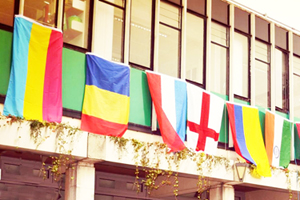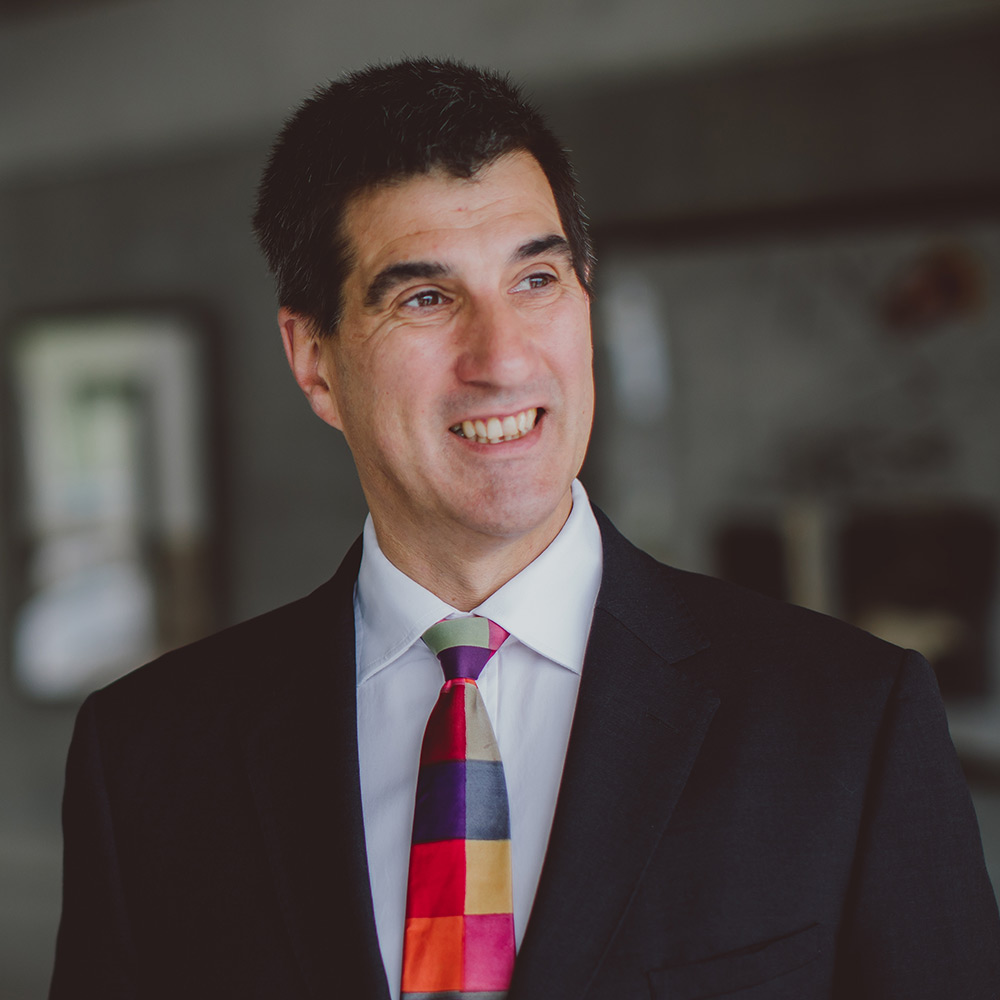Channel 4 has just aired ‘The Romanians Are Coming’ a series that explores the lives of Romanian people “trying to make a new life in Britain, and seeking out the truth behind the headlines about immigration”. As we celebrate ‘One World Week’ at the University, it is a good moment for the University of Essex to tell our story about the amazing contribution Romanian students have made to the life of the University, the communities in our region and the UK.

The University of Essex was explicitly founded in 1964 on a commitment to providing an international education and producing global citizens. Ranked 22 in the world for universities founded in the last 50 years and 31st in the world for our international outlook we have a long history of welcoming students from around the globe.
The fall of the Berlin Wall in 1989 created new opportunities to consolidate links and we have lost no opportunity to do so. Over 600 Romanians have chosen to study at Essex in the last 20 years and we have an active alumni community of more than 270 graduates who continue to support the goals of the University of Essex as a place committed to offering a transformational research-led education.
We are proud that just over 300 Romanians are currently registered on undergraduate and advanced degrees at the University of Essex. Romanian students are amongst the most hardworking students at the University, actively contributing to enrich our lives in many different ways.
Over the past three years, 35% of Romanian students at Essex have been awarded firsts in their degrees, one of the top performing cohort of students at the University. On graduation recent alumni have joined leading companies such as Google, BT, and Barclays. We know that students who study abroad gain personal benefits from this experience and are in high demand by employers. That’s why we not only welcome students from across the globe but encourage our UK students to spend some time in other cultures. Some 9% of students take up this opportunity and we have plans to more than double this figure in the coming years.
Adrian Chira one of our Romanian students has just been voted President of our Students’ Union. Adrian is a fantastic example of someone who has taken advantage of all the opportunities offered by the University. He has been closely involved in several societies including the Photographic Society and Japan International Society, he has volunteered through the vTeam, worked as a Student Ambassador and Resident Assistant and supported fellow students as a Nightline volunteer. He has also been a course representative and peer mentor, all while achieving high academic grades.
Adrian reflects the enthusiasm and ambition of our Romanian students. They are amongst the most active in our clubs and societies and our volunteering scheme, which takes on projects across the local area. One in three Romanian students take part in volunteering projects through vTeam, In 2014 RoSoc, the Romanian student society, which has 55 members, was voted Society of the Year by fellow students reflecting the amazing contribution RocSoc makes to the University community.
We understand first-hand the benefits of being an international community and our commitment to this remains undiminished. That’s why we offer a range of scholarships for international and EU students; and why we offer the Romanian Partnership Bursary to encourage the very best Romanian students to spend time with us at the University of Essex and for us all to benefit from their experience and energy.
Comments
“I read with much interest your article regarding the amazing contribution Romanian students have made to the life of the University of Essex and of the communities in your region.
“As Ambassador of Romania to the UK I have visited over 40 British Universities, meeting Romanian students, as well as the Universities’ representatives. The latter’s message has always struck the same note, that Romanian students are among the best and they work hard in order to expand their professional horizons and make the most of the opportunities offered by the British education system, while at the same time getting actively involved in the lives of their Universities. I am happy to hear that the University of Essex has the same experience with Romanian students.
“I have watched the Channel 4 “documentary” with interest and – I must admit – with bitterness and disappointment because of the biased approach used by producers, but also with a lot of compassion for the people pictured in it. Unfortunately, such approaches can only reinforce negative stereotypes about the Romanian community and ignore the fact that, in their overwhelming majority, Romanians living in Britain are well integrated into the local society. In a high proportion they are specialists employed in a wide range of occupations and trades. There are more than 4,000 Romanian doctors and nurses in Britain, whereas thousands of highly skilled Romanians have been employed in the UK’s performing arts, financial, IT or trade sectors. They all bring an honest and valuable contribution to the welfare of this great country. I may also add an increasing number of students (approximately 7000) attending universities, attracted by the quality of the educational programs in the UK.
“I believe that picturing only isolated and not representative aspects for the Romanian community in Britain as a whole is profoundly unfair. Against this background, contributions that help create and shape a clearer and more accurate image of the Romanian community in Britain, such as your article, are more than welcome. Thank you.”
- Dr Ion Jinga, Romanian Ambassador to the UK
“I took my MA (2002) and PhD (2005) in History at Essex and all those years I was there I had very good Romanian friends too. Beyond that, when I first came to the UK, I was thrilled to be part of one of the most internationally diverse student communities anywhere in the world. Barely a few days after arriving I found myself watching that famous football match where a David Beckham freekick eliminated the Greece team from the 2002 World Cup qualifiers, and I vividly remember that there were more Greeks in the Student Union bar than English people. I thoroughly enjoyed every second of my time in Essex and I’m glad to see that things haven’t change more at least in this respect.”
- Manuel Barcia, Professor of Hispanic Studies and Deputy Director, Institute for Colonial and Postcolonial Studies, University of Leeds

